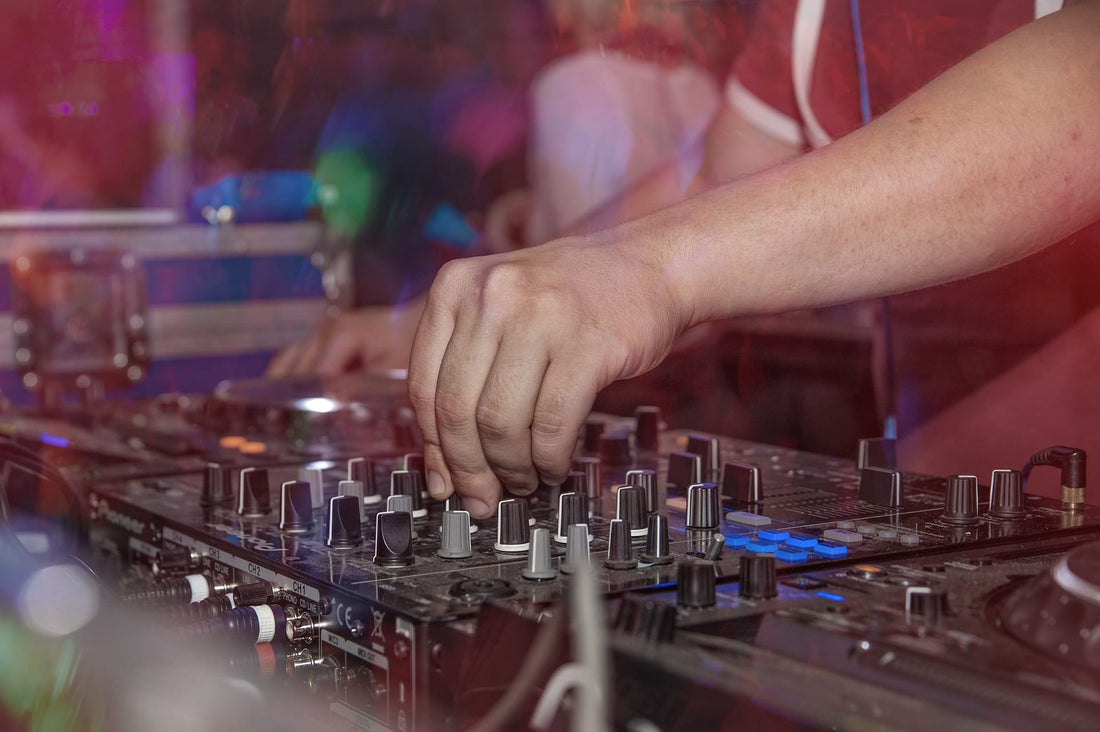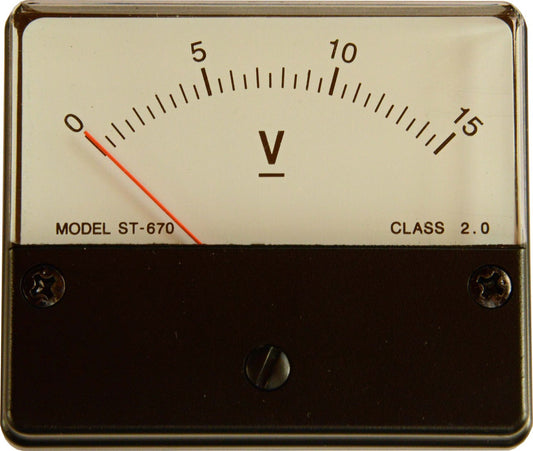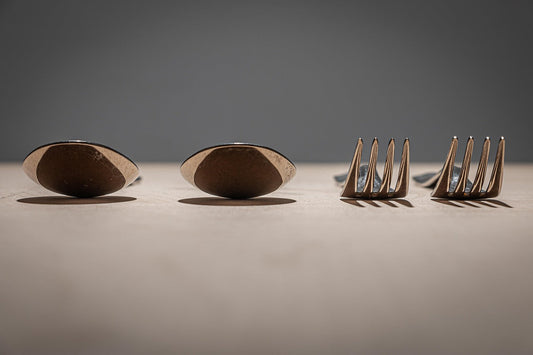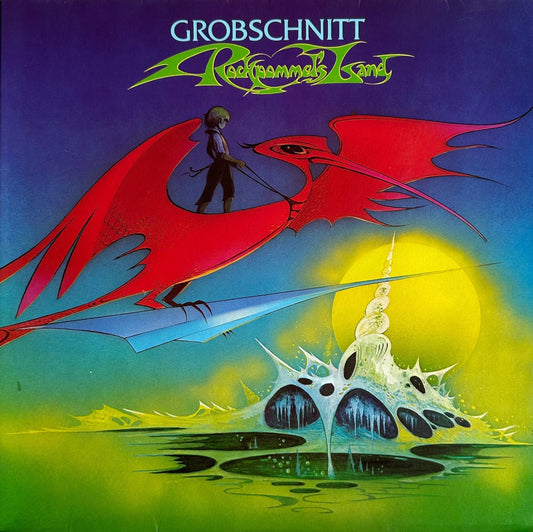Adjusting your reference
by Paul McGowan
I suppose we're all different but, for me, when I walk into a room where music is playing on an unfamiliar system I can instantly tell whether or not it fits my model of right and wrong—instruments and voices sound like themselves.
Then there are the times that everything sounds wrong. I wind up scratching my head as to why this makes sense to anyone. But then, if I stay in the room long enough, exposed to the music, everything begins to make sense again—instruments and voices sound like themselves.
I remember my first experience with horn speakers. Everything sounded as if it were funneled through cupped hands, kind of a hooty sound. It took nearly half an hour before my brain adjusted to the acoustic lens through which music had been squeezed through.
I liken this adjustment of the reference to that of smell. Walk into a smelly room with odors unfamiliar to you and, over enough time, you don't notice the stench any longer.
When our senses are assaulted with the new or objectionable we recoil until we've had time to adjust.
When it comes to music and its reproduction, I find myself shirking from systems requiring an adjustment period. For me, it's important to stay in touch with the sound of live unamplified music so that when I hear it reproduced, there's no adjustment necessary.
If you know the sound of live, unamplified music, that's all the reference you need.
- Choosing a selection results in a full page refresh.
- Opens in a new window.








